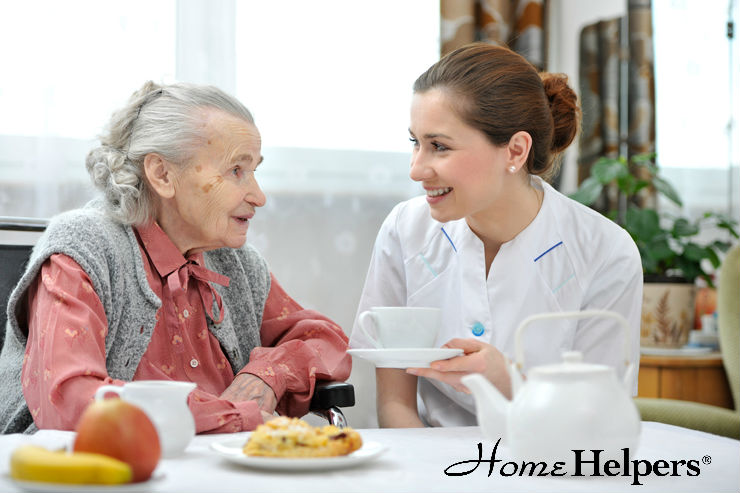High blood pressure that is uncontrolled can very quickly become heart disease, a stroke, or worse. It’s vital that your elderly family member takes her high blood pressure seriously.
Stick with Her Doctor’s Recommendations
Your senior’s doctor likely gave her a plan when she was first diagnosed with high blood pressure. Following that plan as closely as possible is going to help your elderly family member to have the best opportunity to keep her blood pressure in check. That’s because every person, and their needs, is different and her doctor is going to try to account for your senior’s individual needs.
Keep Track of Blood Pressure Numbers
High blood pressure is considered a silent killer because the symptoms are not always obvious. Guessing about blood pressure and whether it’s under control or not is just not a great idea. Your senior’s best option is to test her blood pressure regularly, again according to her doctor’s recommendations. That’s going to help her to see what’s helping to keep her blood pressure under the best possible control.
Address Other Health Issues
Is your senior facing other health issues? Many people with high blood pressure face other health issues, too. Keeping those health issues under better control is going to help your elderly family member to improve her overall health, which is a crucial part of healthy aging. Work with your senior and her doctor to put together a plan that covers all of her needs.
Add Exercise to Her Routine
If your elderly family member’s doctor recommends exercise, then it’s time for her to get moving a bit. At first, she might feel awkward moving more, and she might even feel unsafe. Having elder care providers there with your senior can help her to have the support she needs to be more active. Over time, being more active may come more easily for her.
Eat a Diet that Supports Heart Health
Another big change is to adopt a heart-healthy diet. That’s not always an easy change to follow through on, however. Elder care providers can make it easier for your senior to have meals and snacks available that meet her new dietary requirements. Just making a few changes each week or month can really add up for your elderly family member eventually.
Cut Back on Smoking and Alcohol
If your senior is a smoker or drinks more than a couple of alcoholic drinks a week, she may want to reassess how those decisions impact her health. There are the obvious risk factors, of course, but it’s important for your elderly family member to know that smoking and alcohol can also impact blood pressure levels. She could be doing everything else right and still have higher blood pressure than she should if she’s overdoing it with alcohol or smoking.
There are lots of ways that elder care providers can help your senior to stay on top of her high blood pressure. Just making a few small changes may pay off big for your elderly family member.
IF YOU OR AN AGING LOVED ONE IS CONSIDERING HIRING ELDER CARE IN CAMPBELL, CA, PLEASE CONTACT THE CARING STAFF AT HOME HELPERS TODAY (408) 317-4969.



